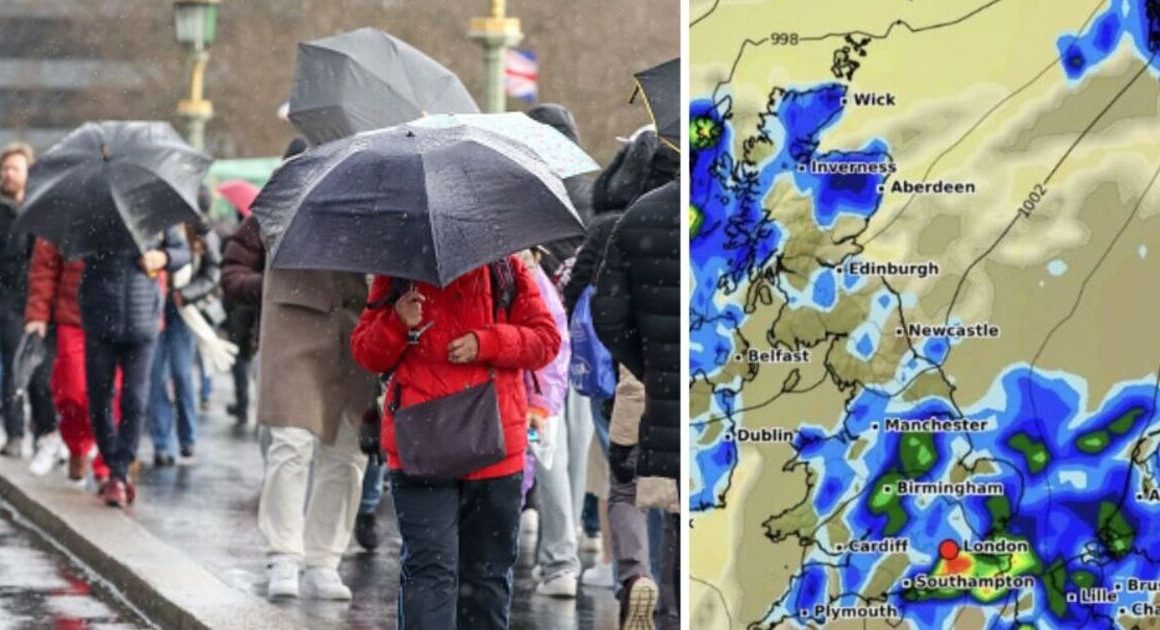Plans to ban MPs from Parliament if they are accused of wrongdoing have been condemned as “a terrible mistake” by Tories who say it would encourage “vexatious” accusations.
Tough measures are designed to “safeguard” people who work at Westminster by banning MPs who are the subject of police investigations. But Conservative backbenchers are battling against the proposal, and insist nobody should be excluded unless they have been charged with an offence.
MP Philip Davies said the current plan “goes against every principle of natural justice.” He said: “This is about the right of constituents to be represented in Parliament and that shouldn’t be removed on a whim.
“As things stand, these measures would make every single MP subject to a vexatious complaint. All it would take would be for someone to make a serious allegation and that would be it, we would be removed from the premises.”
The House of Commons was due to vote on the proposals tomorrow but Leader of the House Penny Mourdant has delayed the debate following opposition from Mr Davies and Tory colleagues including Sir Christopher Chope.
Last month Tory MP Andrew Rosindell returned to Parliament after being ordered to stay away for 21 months after he was falsely accused of rape. He was unable to vote during this period but was never charged and police eventually ended their investigation.
No formal mechanism exists for banning MPs and Mr Rosindell was simply asked to stay away by Commons Speaker Sir Lindsay Hoyle and the Conservative Chief Whip. But proposals drawn up by the House of Commons Commission, chaired by Sir Lindsay, could see MPs excluded if police inform the Clerk of the Commons that “serious allegations relating to a violent or sexual offence” have been made.
A “risk assessment panel” would consider each case and decide whether to ban the MP involved. The panel could also impose a partial ban, such as allowing an MP to attend Parliament but not to go on fact-finding missions organised by Commons committees.
Ms Mourdant told MPs that they will have an opportunity to debate the proposals in the future, saying: “I want it debated and resolved in this House.”
But she said the vote planned for tomorrow had been delayed after “some serious questions” were raised by MPs.
Labour Shadow Leader of the House Lucy Powell said she had planned to welcome the measures but said the decision to delay the vote “will be met with dismay by Members, staff and unions who have worked on it for more than a year.”
There is also opposition to plans to allow banned MPs to nominate someone else to vote on their behalf, with critics saying this would give them more rights than MPs forced to stay away from Parliament due to illness or childcare.
In a letter to the Speaker, Commons Procedure Committee Chair Dame Karen Bradley said: “That Members accused of such an offence will receive a proxy, but those with substantial caring responsibilities or serious long-term chronic conditions will not, will strike some as unfair.”
Proxy voting is currently available to parents of newly-born or adopted children, and MPs with medical conditions preventing them from voting in person for a month or longer.












